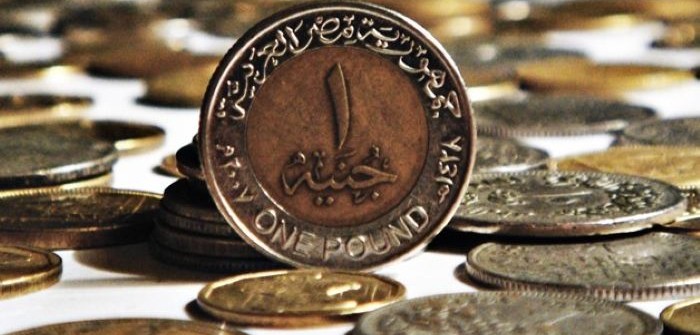(3 Minutes read)
Growth is also expected to ease slightly in FY2025- 26, with a 4.6 per cent expansion predicted, down from the previous 4.7 per cent forecast.
Economists have lowered their growth projections for Egypt’s economy in the coming years, citing factors such as tariffs imposed by the United States and expectations of a slowdown in global economic growth, according to a Reuters poll.
The poll, conducted between April 9 and 23, surveyed 17 economists, who now predict Egypt’s GDP will expand by 3.8 per cent in the current fiscal year (FY2024/2025), down from the 4.0 per cent forecast made in January.
Growth is also expected to ease slightly in FY2025- 26, with a 4.6 per cent expansion predicted, down from the previous 4.7 per cent forecast.
Sri Virinchi Kadiyala of Abu Dhabi’s ADCB noted that the main impact of escalating trade tensions on Egypt is felt indirectly, through diminishing business and investor confidence.
On the other hand, Ivan Burgara of the Institute of International Finance (IIF) argued that Egypt is somewhat insulated from U.S. tariffs, owing to a trade surplus with the U.S. and the relatively small volume of trade between the two countries. The more significant risk, he suggested, stems from the broader impact of slower global growth, particularly in Europe.
The Reuters poll also projected Egypt’s headline inflation to average 20.48 per cent in FY2024/2025, with a further decrease to 12.2 per cent expected in FY2025/2026. Despite a drop in growth to 2.4 per cent in FY2023/2024—down from 3.8 per cent the previous year, largely due to the currency crisis, the Gaza conflict, and reduced Suez Canal revenues—there are signs of recovery.
The Egyptian economy regained momentum following a USD 8 billion financial reform deal with the International Monetary Fund (IMF) and a USD 24 billion investment agreement with the UAE’s sovereign wealth fund for Mediterranean real estate projects.
Preliminary data from Egypt’s central bank suggested the economy continued to improve in the first quarter of 2025, exceeding the 4.3 per cent growth rate recorded in the previous quarter. However, inflation remains a challenge, with headline inflation accelerating to 13.6 per cent in March from 12.8 per cent in February, following a steady decline from a peak of 38.0 per cent in September 2023.
Currency forecasts indicate that the Egyptian pound will weaken further, with analysts predicting it will fall to 51.87 per dollar by the end of June 2025, and to 53.10 by June 2026.
Since the central bank allowed the pound to depreciate as part of the March 2024 IMF program, the currency has traded around 51.0 per dollar, a significant drop from its previous fixed rate of 30.85 to the dollar.
Read Also:
https://trendsnafrica.com/egypt-cbe-lowers-interest-rate-by-225-basis-points-as-inflation-eases/
Additionally, the central bank’s overnight lending rate is expected to decrease to 24.25 per cent by the end of June, down from the current 26.0 per cent, with further cuts anticipated, bringing it to 17.75 per cent by June 2026. This would mark the first-rate reduction in nearly five years.





